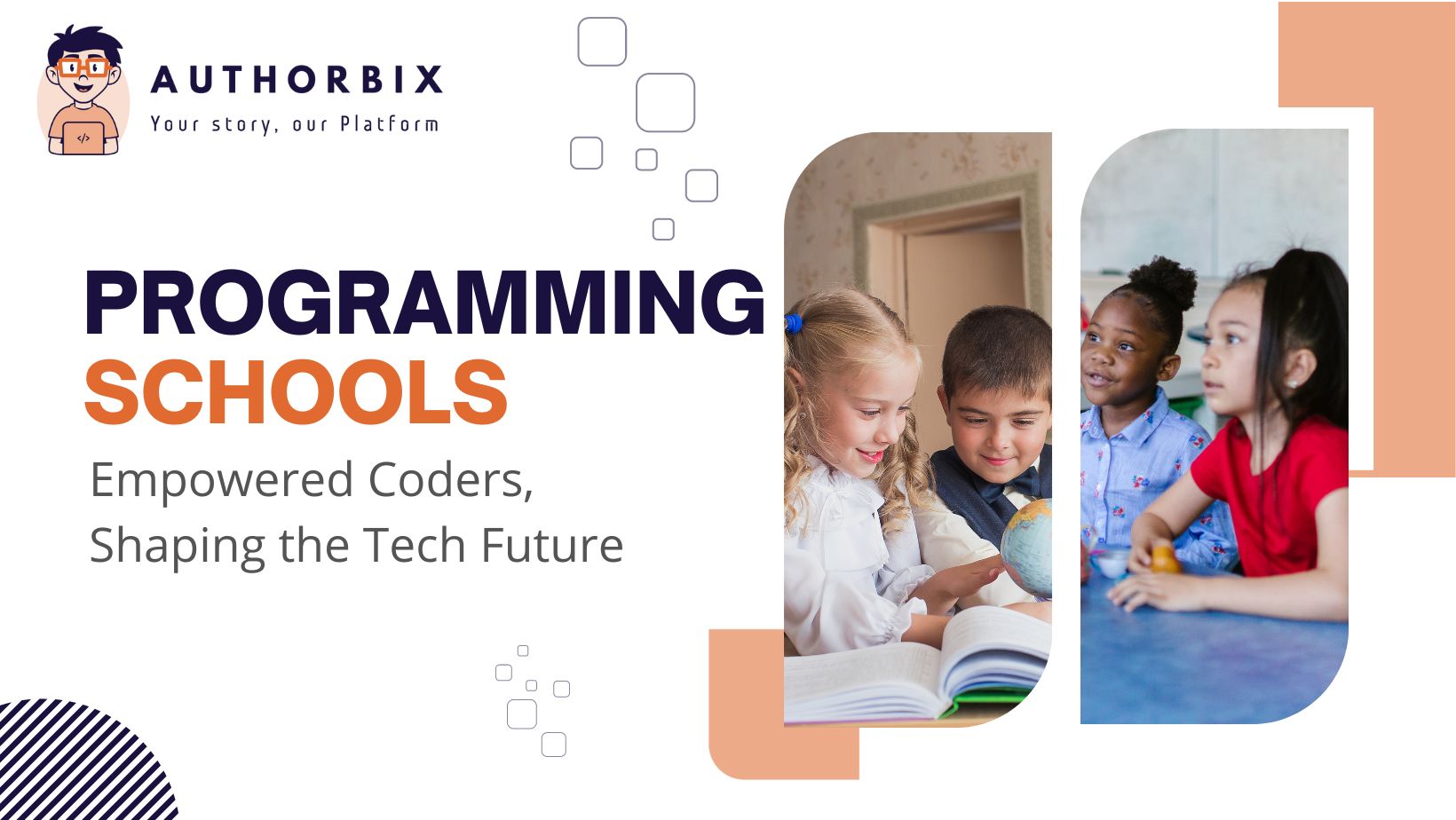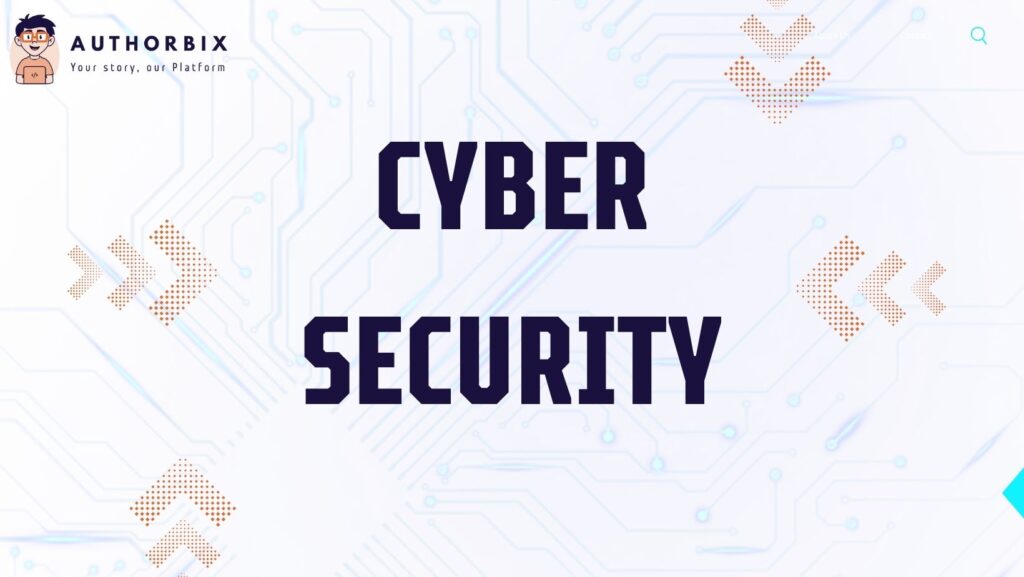Programming Schools: Empowered Coders, Shaping the Tech Future

Table of Contents
ToggleIntroduction
In the digital age, where technology permeates every aspect of our lives, the demand for skilled programmers continues to soar. Aspiring developers often seek structured and effective avenues for learning, and programming schools have emerged as catalysts for nurturing the next generation of coders. This article delves into the impact and evolution of programming schools, exploring their key features, benefits, and the role they play in shaping the future of tech education.
The Rise of Programming Schools
1. Meeting Industry Demand:
The surge in demand for skilled programmers across various industries has fueled the rise of programming schools. These schools address the gap between traditional academic programs and the rapidly evolving needs of the tech industry.
2. Practical and Hands-On Learning:
Programming schools by wedevx distinguish themselves by offering hands-on, practical learning experiences. Instead of relying solely on theoretical knowledge, students actively engage with coding challenges, real-world projects, and collaborative coding environments.
3. Accelerated Learning Paths:
Recognizing the urgency for skilled tech professionals, programming schools often provide accelerated learning paths. These intensive programs compress the learning curve, enabling students to acquire coding skills in a shorter timeframe compared to traditional academic routes.
Key Characteristics of Programming Schools
1. Project-Centric Curriculum:
Programming school designs their curriculum around real-world projects. Students gain practical experience by working on projects that mimic the challenges they will encounter in professional settings, fostering a holistic understanding of coding.
2. Instructors with Industry Experience:
Instructors at programming typically have industry experience, bringing real-world insights into the classroom. This ensures that students are exposed to current industry practices and trends.
3. Focus on Collaboration:
Collaboration is a cornerstone of programming schools. Students often work on group projects, engaging in collaborative coding sessions that simulate the teamwork prevalent in the tech industry.
4. Career Support Services:
Many programming schools extend beyond the classroom, offering career support services. This includes resume building, interview preparation, and connections to potential employers, enhancing students’ prospects in the job market.
Benefits of Programming Schools
1. Rapid Skill Acquisition:
The focused and project-centric nature of programming schools accelerates the acquisition of coding skills. Students graduate with practical knowledge and the ability to apply their skills to real-world scenarios.
2. Industry-Relevant Curriculum:
Programming schools design their curriculum to align with industry needs. This ensures that students learn the latest programming languages, frameworks, and tools that are in demand in the job market.
3. Diversity and Accessibility:
Programming often attract a diverse range of students. The accessibility of these programs, including online options, makes coding education available to individuals from various backgrounds and geographical locations.
4. Networking Opportunities:
The collaborative nature of programming schools fosters a sense of community. Students not only learn from instructors but also build a network of peers, mentors, and industry professionals, creating valuable connections for future endeavors.
Evolution and Future Trends
1. Specialized Tracks and Bootcamps:
As programming schools evolve, there is a trend toward offering specialized tracks or boot camps. These focused programs cater to specific areas such as web development, data science, cybersecurity, and more, allowing students to tailor their learning to their career goals.
2. Hybrid and Online Learning Models:
The global shift toward online education has influenced programming . Many now offer hybrid or fully online models, providing flexibility for students to learn at their own pace and from anywhere in the world.
3. Soft Skills Integration:
Recognizing the importance of soft skills in the workplace, some programming schools like Devx are integrating communication, collaboration, and problem-solving skills into their curriculum. This holistic approach ensures that graduates are well-rounded professionals.
Conclusion
Programming have become instrumental in shaping the future of tech education, providing a viable and accelerated path for individuals aspiring to enter the world of coding. With a focus on practical learning, collaboration, and industry relevance, these schools address the evolving needs of the tech industry. As the demand for skilled programmers continues to rise, programming schools are likely to play a pivotal role in equipping a diverse range of individuals with the coding skills needed to thrive in the digital era. In essence, programming schools stand as beacons of innovation and accessibility, empowering the next generation of coders to navigate and contribute to the ever-expanding landscape of technology.

11 Social Media Content Types That Captivate in 2024

Top Artificial intelligence Blogs Websites To Follow in 2024

5 Types of Social Media Networks and Their Benefits

Top 10 Best Engineering Colleges in Punjab: Rankings, Fees, Placements

Pursue a Thriving Career in Computer Science and Engineering

HBL Primary School Nurturing Young Minds for a Bright Future

Cracking CAT 2024: Know Your Eligibility and more!

11 Social Media Content Types That Captivate in 2024

Top Artificial intelligence Blogs Websites To Follow in 2024

5 Types of Social Media Networks and Their Benefits







